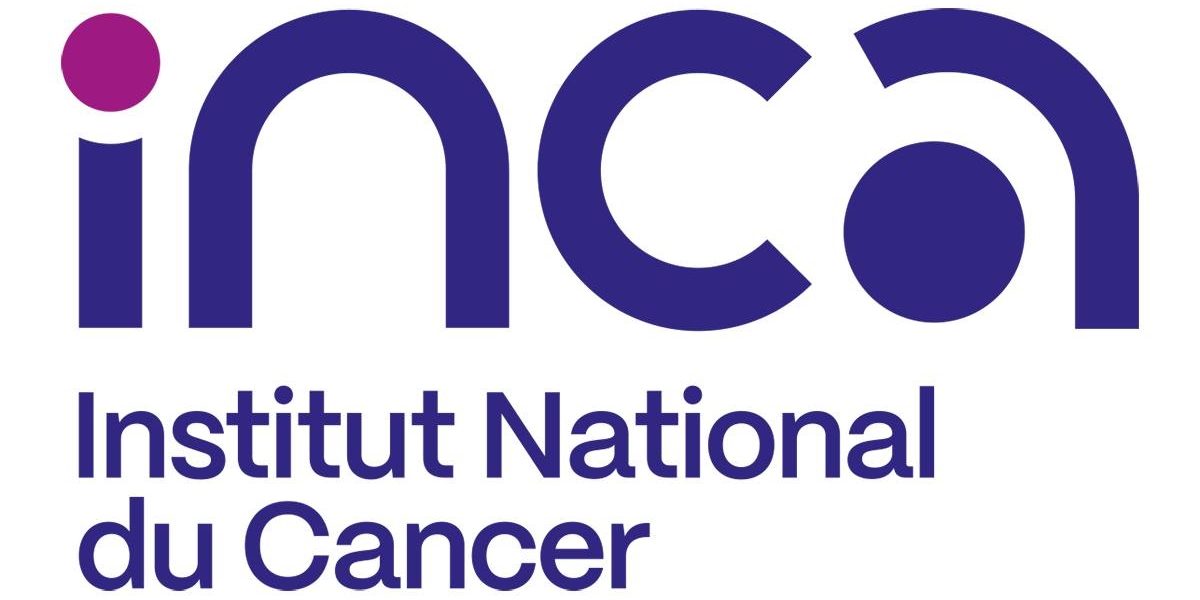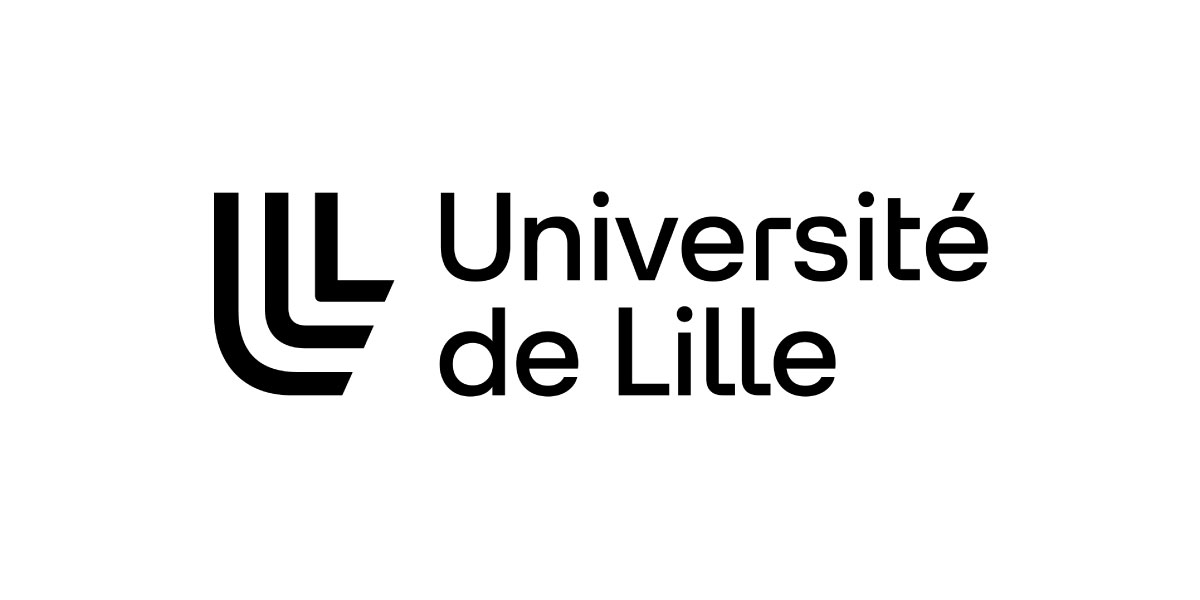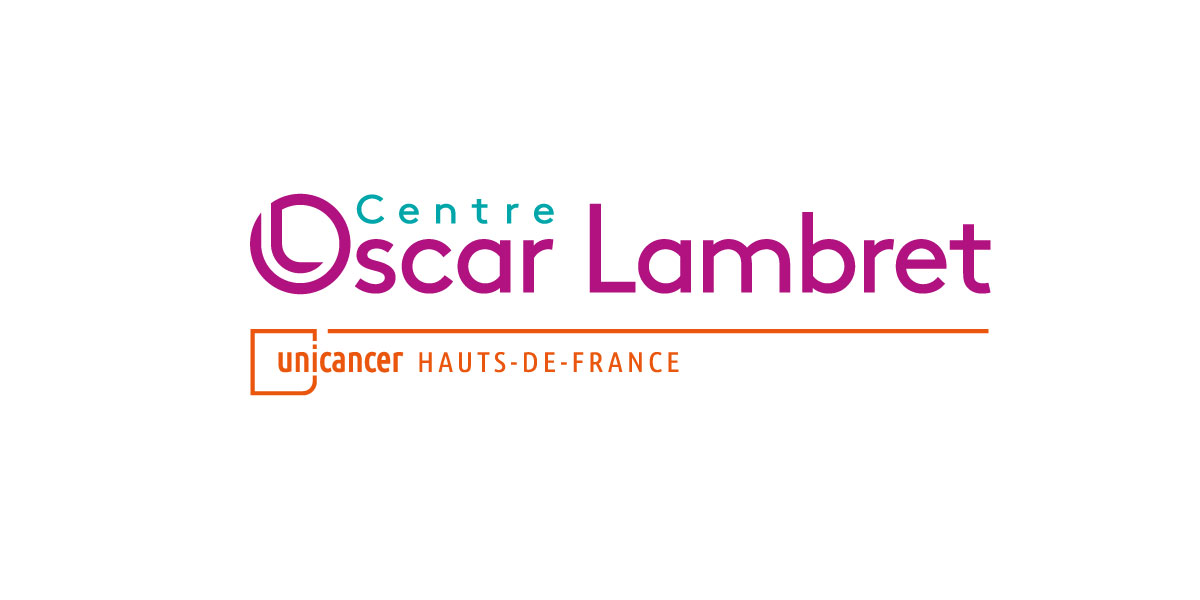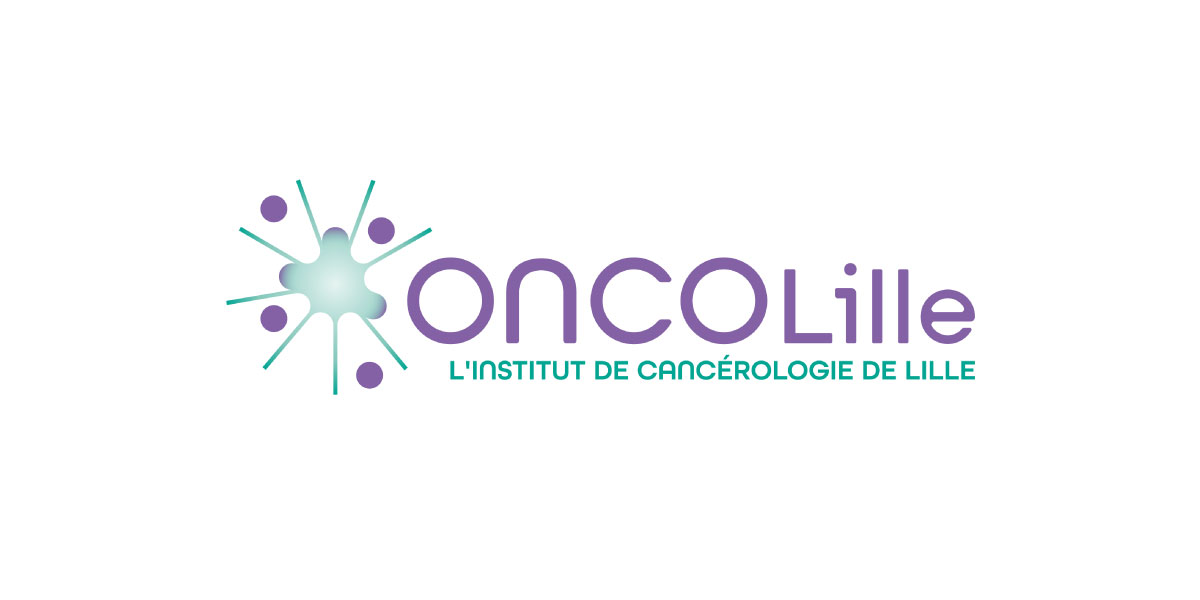Research chair
The human and social sciences research chair was launched in 2021 by the French National Cancer Institute in partnership with the University of Lille, SCALab (UMR NCRS 9193), the Oscar Lambret Center, and the ONCOLille Institute. It aims to improve support for patients with cancer and their families through the development and evaluation of interventions.
opsyrii is based at SCALab, the University of Lille, and the ONCOLille Institute.
DEFINITION
What is a research chair?
The aim of a research chair is to support a team of researchers in developing priority research themes.
To do this, financial and human resources are made available to the chairholder, allowing them to develop projects with significant economic and social impacts via research, teaching, and training. This helps in the development, consolidation, and structuring of interactions between academic and socioeconomic environments.
CHALLENGES
What are the objectives of the opsyrii research chair?
The general objective of the opsyrii research chair is to develop a research program aimed at increasing and disseminating knowledge about coping skills to patients and their families.
To achieve this, innovative interventions are designed and evaluated for their effectiveness in optimizing patient support and care pathways.
Over the last decade, research in psycho-oncology has been primarily focused on the psychological repercussions of cancer for patients and their life partners. Among other things, this research has made it possible to identify the adjustment strategies that these patients use to cope with the disease. However, beyond the couple, the family is also deeply affected by the diagnosis of cancer for one of its members.
It is precisely these family interactions in cancer care that have been underexplored, even though family members can and should receive support during this ordeal.
Research projects
Three projects funded by the chair, three areas of innovation.





